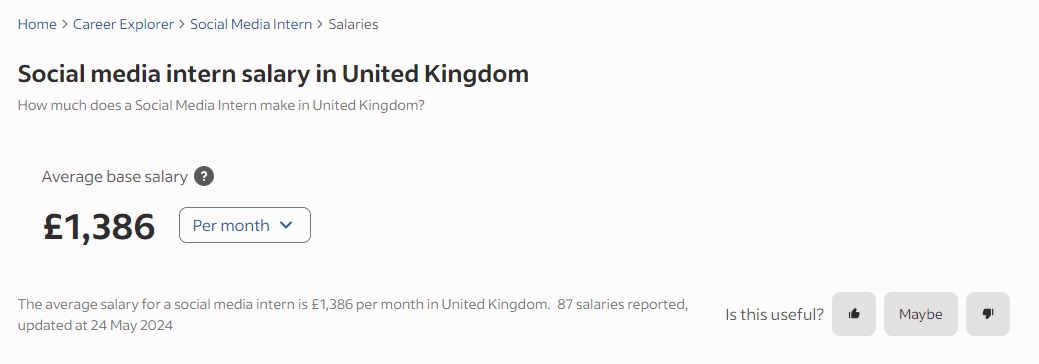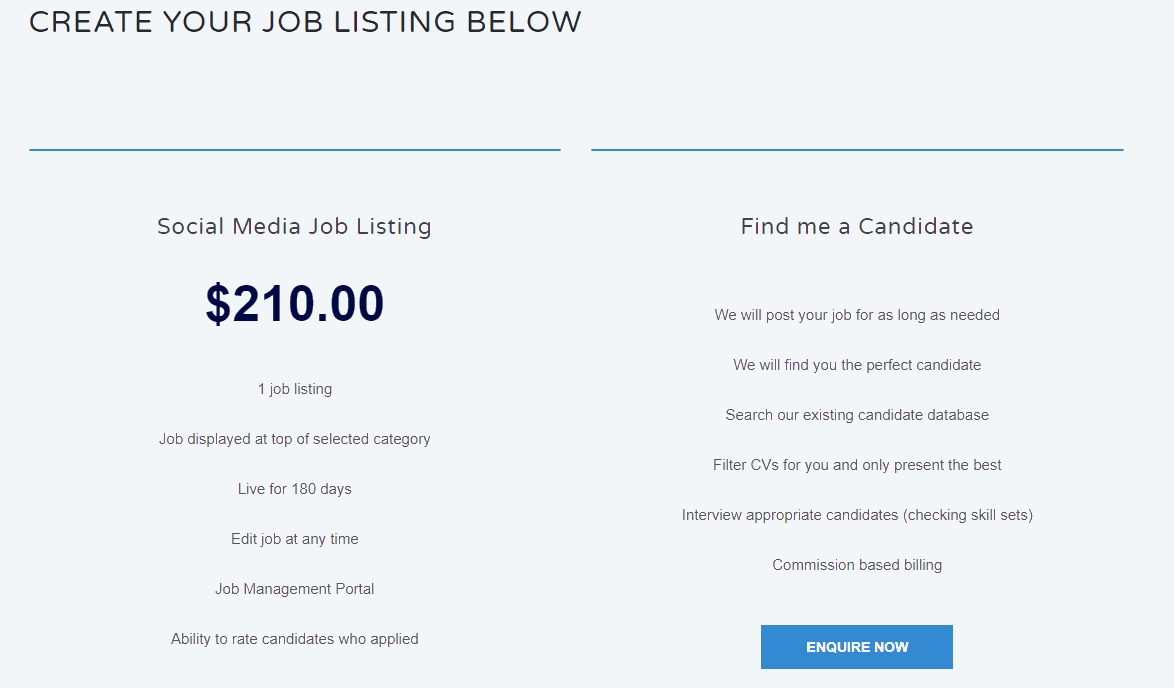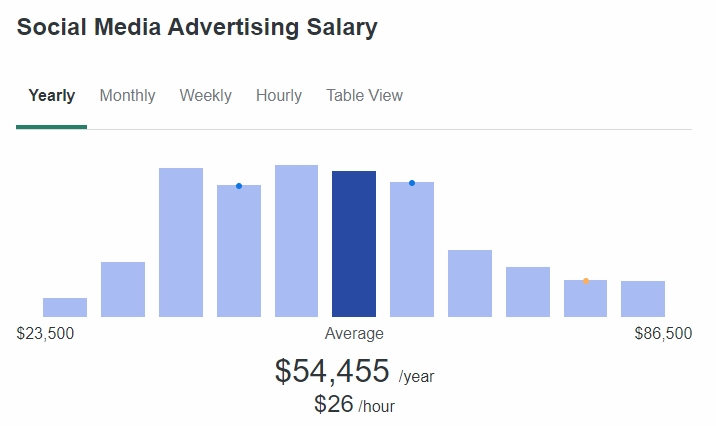The fact that there are more than 5 billion monthly active social media users worldwide speaks volumes about how big the industry has become. Today, marketers can reach more than half of the World’s population. Seeing this trend, it’s no wonder that brands and small business owners are doing their best to build an online audience and achieve their marketing goals. How do they do that? By hiring the right talent. A social media intern has a range of responsibilities, making them an integral part of every marketing team. In this guide, we’ll answer the question “What does a social media intern do” in detail. Let’s dive in.
What Does a Social Media Intern Do: A Comprehensive Guide
Before we dive into the most common social media intern responsibilities, it’s important to note that not all organizations or businesses have the same job role. Your tasks, as an intern, may vary depending on the resources and goals of the company you work with.
Content Ideation and Creation
Probably the most important part of organic social media growth is content creation. While most organizations have a dedicated content creator, some may require you to wear this cap. It mostly involves brainstorming ideas, crafting posts, designing graphics, and finding compelling content to share. The goal is to keep their social media accounts active by writing on in-demand topics.
Scheduling and Publishing
Many brands have multiple social media accounts, and keeping all of them active is a full-time job. While there are tools to automate a major portion of this workflow, you’ll still have to set up the automation and make sure your content reaches the right audience at the right time.
You may also like: Who is a Social Media Advertiser (And How Do You Become One?)
Monitoring and Engaging
Staying in touch with the audience is one of the most important parts of social media marketing. Community managers are normally responsible for monitoring a brand’s social media pages and engaging with the audience. The tasks may include responding to direct messages and comments in a professional way. Conflict resolution is an important soft skill you need to be an effective community manager. On a normal day, you’ll have to handle customer queries related to the product in particular or the brand in general. For instance, if someone has a question about a particular feature of a product, you’ll have to address their query promptly and professionally.
Analytics and Reporting
Knowing what works and what isn’t is crucial in social media marketing. Otherwise, you’re throwing random stuff on the wall and hoping something will stick. This is why a major part of every marketer’s job is to analyze and study the campaigns and identify the best-performing strategies. This way, brands can hyper-focus their resources on strategies that are most likely to get them the desired results down the road.
As a social media intern, you may have to get used to different analytics tools and gather data on post performance, engagement rates, and follower growth. Most social media platforms have this feature built-in. Examples include Facebook Insights, Twitter Insights, Threads Insights, and more. However, most brands that want to scale their strategies invest in more powerful tools. But, if you’re good at gathering and analyzing data, you can get used to any tool in the market.
The metrics you’ll be tracking as a social media intern include engagement rates, reach, impressions, follower growth, and maybe more (Depending on the brand’s goals). For instance, if the goal is to get more people to a landing page, you’ll need to keep an eye on external link clicks. If the goal is to build brand awareness, you’d want to track your posts’ reach.
Engagement Rates: The percentage of people who engage with your content.
Reach: The number of unique viewers.
Follower Growth: The number of new followers over a specific period.
Related: How to Use LinkedIn for Job Search?
Research and Trends
Research is another important responsibility of a social media intern. The role involves keeping an eye on the latest social media trends, competitors’ strategies, and popular hashtags. You may also have to come up with fresh content ideas to keep the social profiles active. An effective way to do that is by setting up Google Alerts for specific keywords. To find relevant hashtags, you can use a social media platform’s inherent search feature or a dedicated tool. When it comes to finding content inspiration, competitor research is probably the most effective strategy. If a competitor’s strategy is successful, you can set it as a benchmark and develop an even better one for your brand.
Assisting with Campaigns
Social media interns can also play an important role in helping a brand carry out a marketing campaign, such as a product launch or giveaway. The role can include creating promotional content, tracking performance, and ensuring everything runs smoothly. Lastly, they create a detailed report on the campaign performance, helping the organization/brand make informed marketing decisions.
What Does a Social Media Intern Do: FAQs
Let’s address some frequently asked questions about social media intern roles.
What Skill Do You Need to Be a Social Media Intern?
The skills you need as a social media intern are creativity, communication, knowledge of social platforms, and basic analytics skills.
What is the Role of a Social Media Intern?
The exact role may vary depending on the goals. Typically, a social media intern is responsible for content scheduling, engaging with followers, monitoring trends, and analyzing performance metrics.
Is Being an Intern Hard?
Being a social media intern can be hard because the role requires you to manage multiple tasks, but it can help you identify the right path for your career.
Conclusion
A social media intern can shape the online presence of the organization they work with. From content ideation to reporting key metrics, they’re often entrusted with a range of responsibilities, allowing them to hone their marketing skills. The tasks they’re typically assigned include scheduling, community management, assistance in marketing campaigns, analysis, and reporting. To get a social media intern role, you need good problem-solving, conflict resolution, and communication skills.
You May Also Like: Interview Questions for a Social Media Manager


















